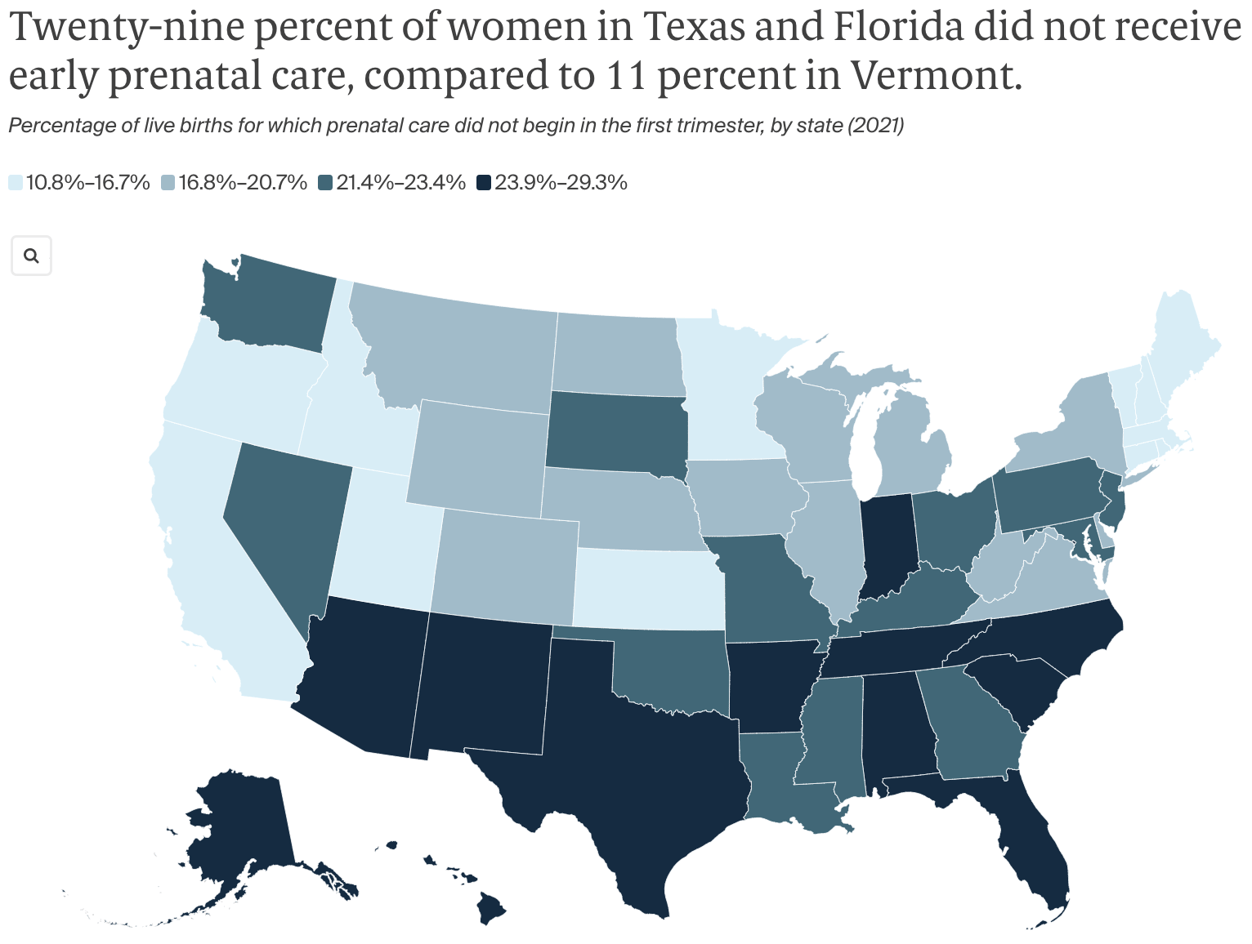Closer Look
GOP lawmakers want to question a giant of virology. Who is Bernie Moss?

Courtesy NIAID
Bernard Moss (above) is a titan of virology, publishing hundreds of scientific papers while working for more than 55 years in labs at the National Institute of Allergy and Infectious Diseases. He's been prying biological secrets from poxviruses and other microbiological targets, including mpox viruses that a recent outbreak vaulted into wider awareness. Now Moss is in the news, too, after House Republicans seized upon his mention of gain-of-function research in an interview last year with Science about two strains of mpox virus.
Gain-of-function research — in which genes are added or removed to study a pathogen's potentially greater risk — has become radioactive in politics, suspected as the origin of the current pandemic. Moss declined to speak to STAT's Helen Branswell for a profile, but colleagues did: "Bernie Moss is unquestionably one of the best, if not the most important poxvirus scientist in the country, if not the world," former NIAID chief Anthony Fauci said. "He has an amazing brain," said CDC's Inger Damon. Read more.
research
Doctors' group fights more open access for research
When the AMA speaks, people listen. Just last week we told you the doctors' group has taken a new stance on BMI, a policy reverberating in obesity medicine. AMA lobbyists on Capitol Hill advocate for Medicare payments and weigh in on scope-of-practice laws. Now they have a new focus: PubMed Central, the government's repository of scientific articles. More than a decade ago, the NIH wanted any research it funded to be free for American taxpayers who funded it.
That got pushback from scientific publishers who charge for access, so a 2008 compromise was reached to keep articles behind a paywall for 12 months. Now the AMA, which publishes the JAMA family of 13 journals, is objecting to a White House plan to make federally funded research available immediately. "Publishing research takes money, and someone has to pay, but who?" STAT's Brittany Trang asks, then takes us through alternative models.
population health
Report: Preventable deaths have surged widely, during Covid, pregnancy, and the opioid crisis

Commonwealth Fund
The U.S. has gone backward on life expectancy and avoidable deaths, the Commonwealth Fund says in a report that also reveals unaddressed mental health needs and the spread of medical debt. The 2023 Scorecard on State Health System Performance, based on data gathered from 2019 through 2021, shows how deeply the pandemic has cut into the nation's health. Every state saw a spike in preventable deaths, whether from Covid-disrupted care or overdoses or maternal mortality, but the largest increase came among Black and American Indian/Alaska Native people.
The report breaks out women's health before the Dobbs decision a year ago, finding that women of reproductive age died at increasing rates from preventable causes, including pregnancy and childbirth as well as Covid-19 and substance use. Adolescents and adults with mental health needs cannot get the care they need, including 60% of 12- to 17-year-olds who had a major depressive episode. And even before pandemic Medicaid coverage dropped, medical debt was especially high in the South.


No comments